Europe on the fast track to becoming an "open-air museum". "Industry has no chance of survival"

- The costs of decarbonisation for companies and problems resulting from high energy prices were the topics of the session "Low-emission transformation of industry" , organised during the 17th European Economic Congress in Katowice .
- The discussion was attended by: Krzysztof Zaręba - deputy director of the Department of Innovation and Industrial Policy at the Ministry of Development and Technology; Elżbieta Rozmus from the board of the Chamber of Industrial Energy and Energy Consumers; Bogusław Ochab - president of the Mining and Metallurgy Plant in Bukowno; Alan Beroud - president of PKP; Paweł Bielski - vice president of the Azoty Group; Adrian Sienicki - vice president of the Węglokoks capital group.
- - Without industry, we will not have a European economy. We are aware that transformation is necessary and we participate in it as entrepreneurs and citizens, but this cannot be a path to nowhere - said Elżbieta Rozmus.
The panel leader , Filip Elżanowski, President of the Management Board of the Association of Energy Lawyers , asked the participants, among other things, whether the European energy market is able to provide prices for the industry that will make it competitive both in Europe and beyond.
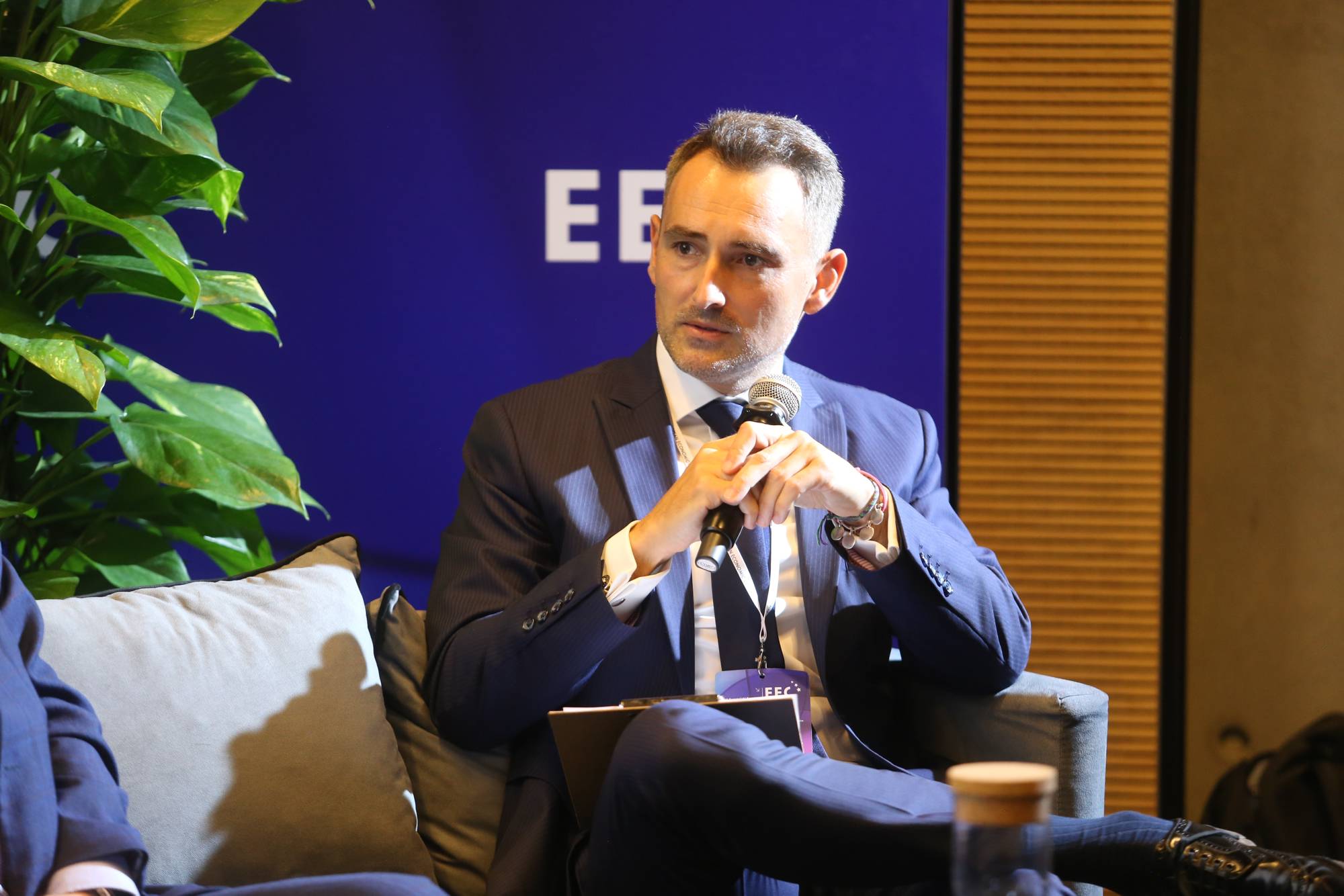
Krzysztof Zaręba, Deputy Director of the Department of Innovation and Industrial Policy at the Ministry of Development and Technology, admitted that the entire climate and energy policy of the European Union implemented in recent years has caused a structural imbalance in this market.
- In fact, the vision was for Europe to become an exporter of the latest zero-emission technologies. But looking from today's perspective, it turns out that it is an importer of these technologies. It is losing competitiveness because this policy was implemented. Europe is no longer able to compete with the largest players. This largest player is winning against Europe in all aspects today - he commented.
17th European Economic Congress
He noted that China is able to provide cheap and green energy, although it is expanding conventional power units based on fossil fuels. On the other hand, it is also expanding the most renewable energy sources in the world. It is also winning with Europe in terms of innovation.
"Our challenges and expectations may have been misdirected"- In terms of the future of climate policy, we should seriously consider whether our challenges and expectations have not been addressed incorrectly. In fact, we import a lot of technology and products from Asia and generally other areas of the world that do not have such a climate policy - said Krzysztof Zaręba.
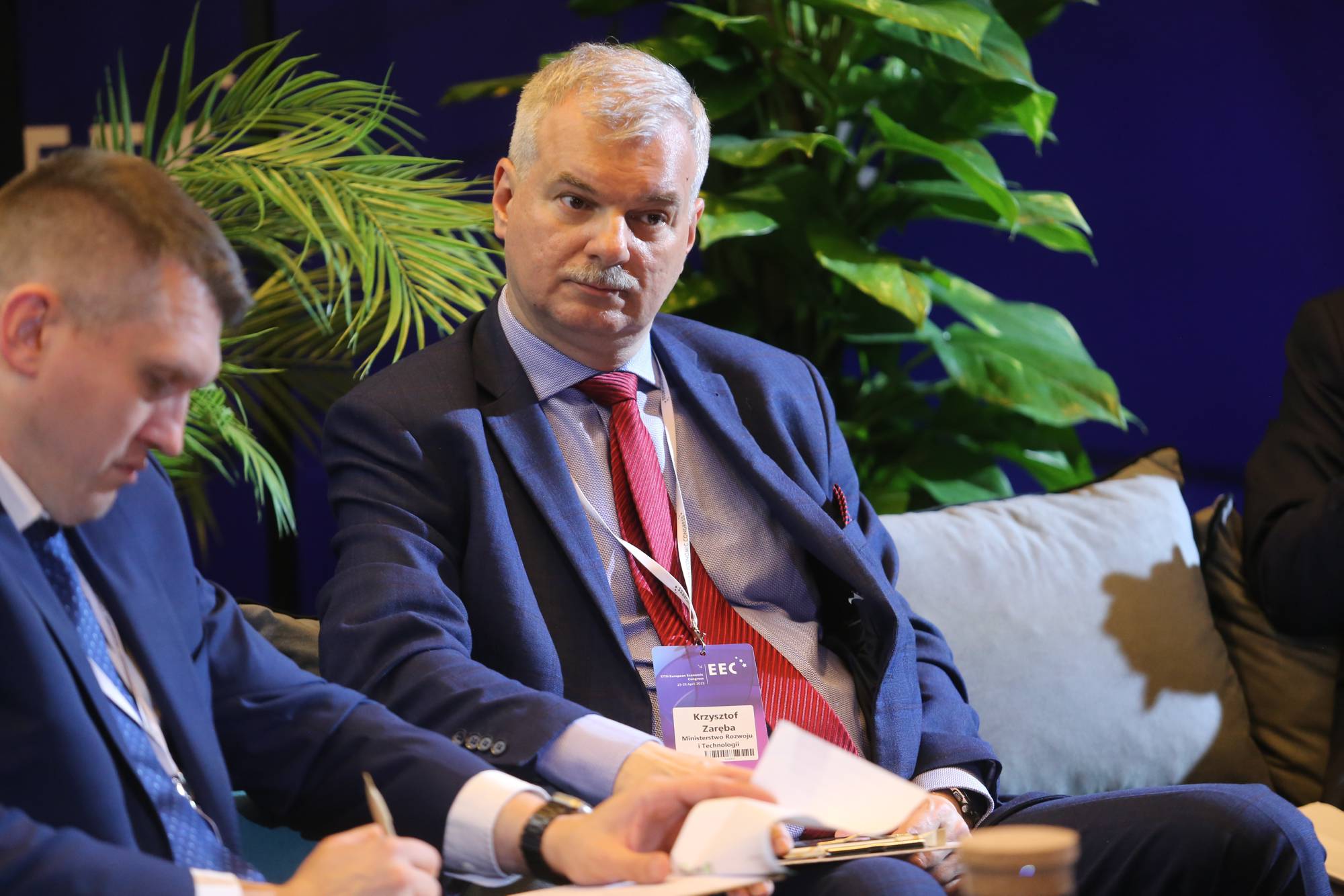
According to him, on the other hand, Europe is deindustrializing because today we have such heavy burdens and we are so overregulated in climate issues.
- As a result, business increasingly says "this is not the place I want to invest, this uncertainty is too big for me". We are withdrawing production capacities outside Europe, which does not mean that the industry that left will emit less. It simply emits somewhere else, not in Europe - he reminded. - Europe is over 6% of global emissions, China probably 5 times as much. So we have to ask ourselves what in return for fulfilling our dreams of a low-emission Europe?
According to the director, we can become a "beautiful open-air museum" or consider whether the obligations imposed by the Union are really appropriate.
- Since the costs associated with implementing these regulations have a negative impact on our competitiveness, let us consider what costs associated with reducing low emissions we can actually incur in order to obtain beneficial environmental effects, but at the same time not lose competitiveness, but rebuild it - he emphasized.
Elżbieta Rozmus: we pay 3-4 times more for energy than our competitors from China, the USA, IndiaElżbieta Rozmus, member of the board of the Chamber of Industrial Energy and Energy Consumers, took a similar position.
- The fact that we have lost competitiveness is clear to entrepreneurs. Energy prices currently mean that we pay 3-4 times more for energy than our competitors from China, the US, India, but also from those economies that have not introduced such radical environmental solutions - she calculated.
She recalled that currently in Europe the prices of CO2 emission allowances reach around 90 euros, and it is said that they may even increase to 200-300 euros.
- In such a situation, the European industry , not to mention the Polish one, which operates in a specific energy mix and still high emission, has no chance of survival - emphasized Elżbieta Rozmus. - We hear about sectors that are leaving the EU. There are more and more problems related to maintaining production and competitiveness.
European climate policy provisions need to be revisedAccording to her, it is necessary to revise the provisions of climate policy, but also to focus on industrial policy, taking into account the needs of industry.
- Without industry, we will not have a European economy. We are aware that transformation is necessary and we participate in it as entrepreneurs and citizens, but this cannot be a path to nowhere - she stressed.
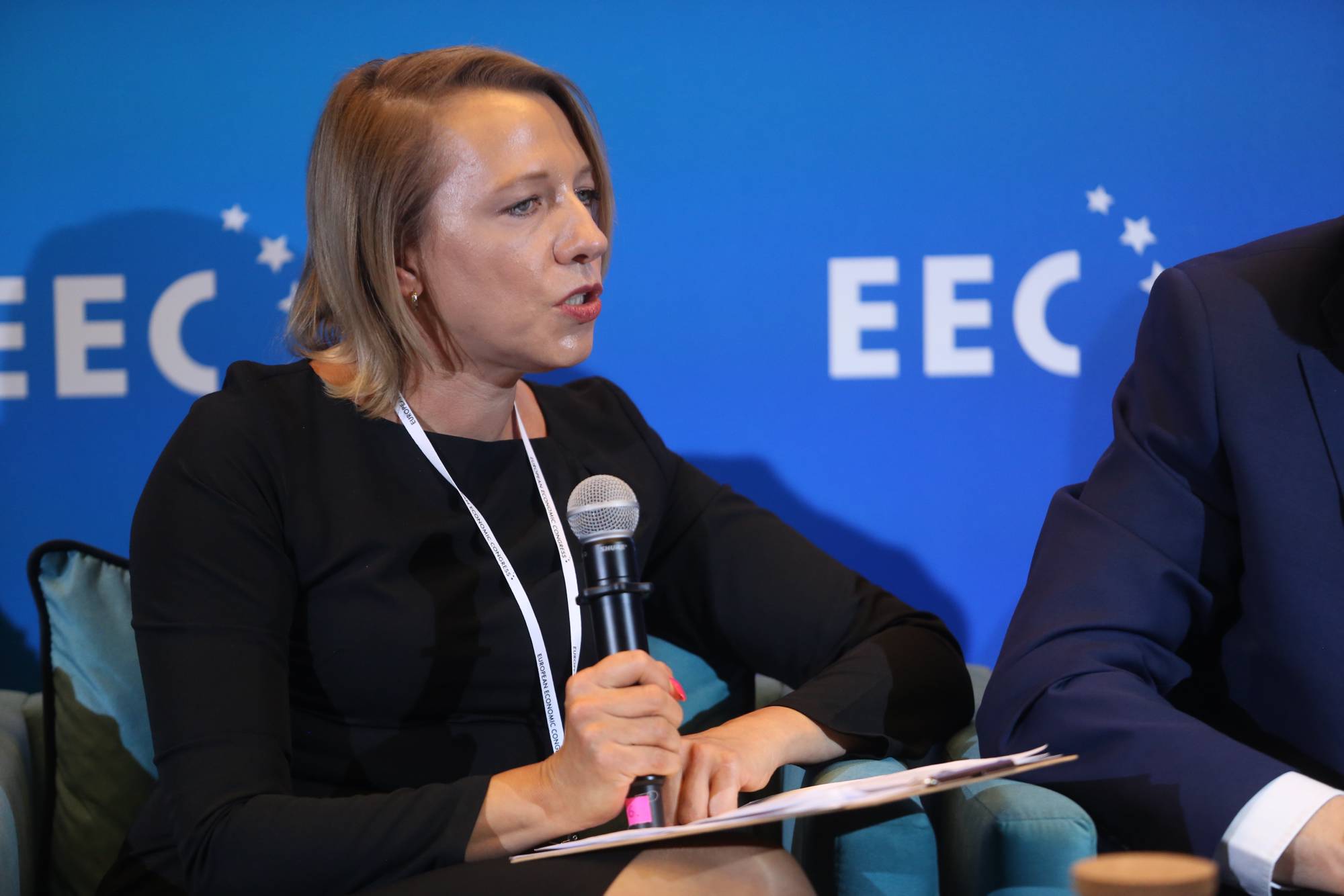
She also noted that the projects currently being processed in the EU do not involve abandoning or even relaxing the adopted assumptions.
- The EC did not draw conclusions from what happened after the energy crises related to the war in Ukraine or the Middle East - she concluded.
The moderator emphasized - in the context of the need to implement short-term and long-term solutions in industrial policy - that the European Commission lacks understanding and recognition of the fact that the energy market, which was supposed to include prices for industrial customers, is not fulfilling its role . He asked the panelists how to make investment decisions in such a situation.
Bogusław Ochab: as a zinc group we use 2 terawatt-hours of energy, of which half a terawatt is electrical energyThe president of the Mining and Metallurgy Plant in Bukowno (production of zinc, which constitutes 7% of European production - editor's note) Bogusław Ochab emphasized that it is a global company.
- Because in the case of zinc, similarly to copper or aluminium, prices are set for the entire world by the London Stock Exchange and it is the determinant of how much everyone in the entire world sells a given zinc for. Whether a producer in Brazil or Kazakhstan has exactly the same revenues as other producers is only a matter of scale - he noted.
He noted that zinc production is energy-intensive, which is simply a matter of physics.
- We as a zinc group use 2 terawatt-hours of energy, of which half a terawatt is electricity, 0.3 is gas and 1.2 is coke. In terms of energy consumption of processes, we are undoubtedly an energy-intensive company. And such companies are in a very comfortable situation, because the EU has noticed the problem of climate policy and there are so-called compensations and free allowances, so today companies that are at risk of escaping do not yet feel this climate policy on a daily basis - he commented.
What if free allowances are taken away or their price is significantly increased?He notices that the difference in energy prices between individual European countries is large, and between Europe and the rest of the world even larger. He wonders what will happen if free CO2 emission allowances are taken away or the price of allowances is so high that companies will not be able to afford to pay for them.
- This worries us a lot. Today, coal-fired electricity dominates in Poland, so you have to buy coal and pay for CO2, and despite this the price is PLN 500. I get PLN 200 from this in the form of compensation, so on balance I pay PLN 300 per megawatt. If I take production from gas, then I have to buy gas and also pay for CO2 emissions - noted president Ochab. - And now what is the idea of green energy? Well, I don't put in coal, I don't put in gas, I don't pay for CO2, so why should this energy be more expensive than the energy that is on the market today? Something is wrong here.
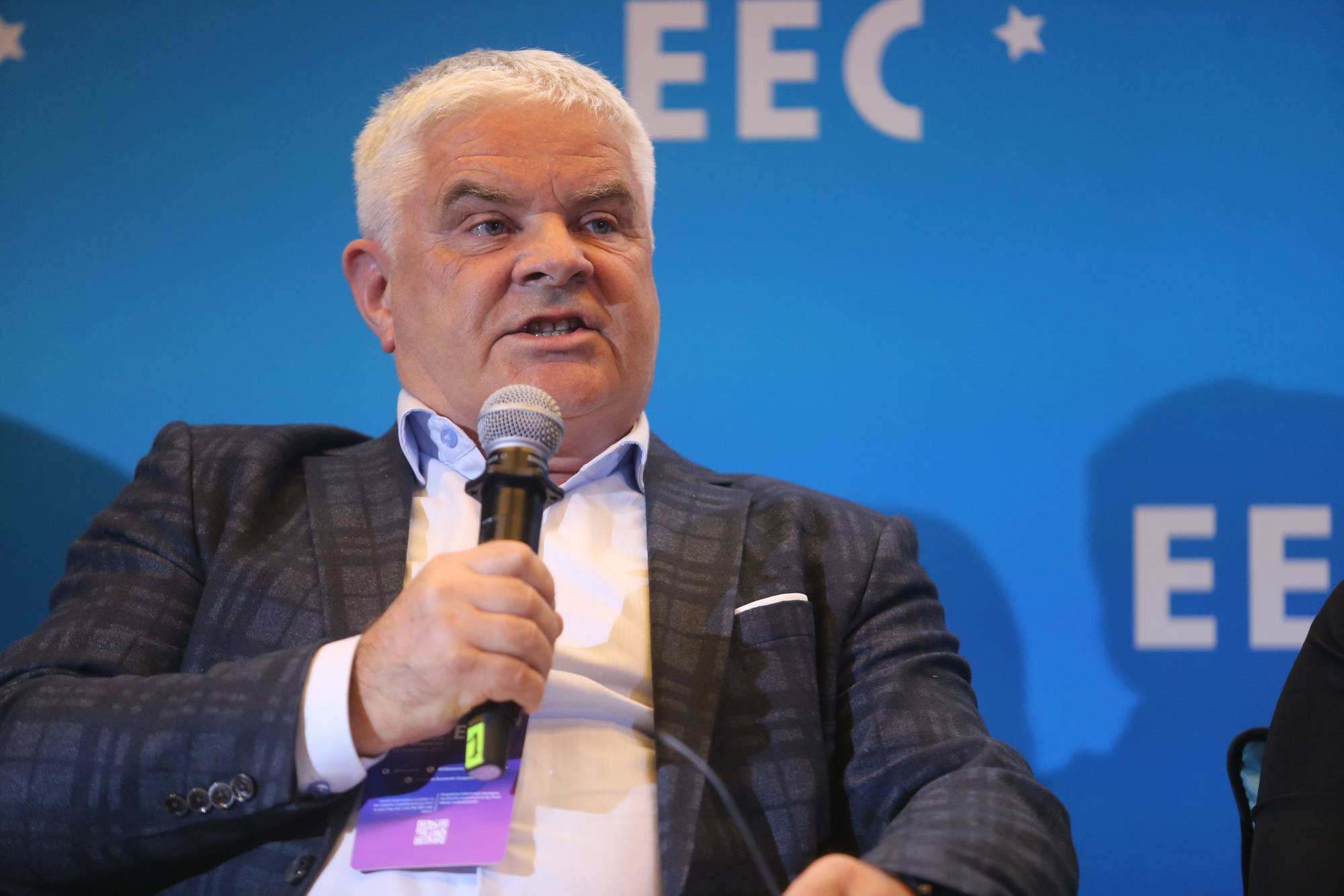
Paweł Bielski, Vice President of Grupa Azoty , pointed out that in the case of the chemical industry, two areas come into play.
- On the one hand, energy, because chemistry is an energy-intensive industry and the price of energy has a significant impact here, is very high. On the other hand, chemistry is based on raw materials, which for the energy part are the same raw materials, only they are not used for energy purposes, they are only a source of raw materials for us. I am thinking here about gas - he explained.
He added that the company therefore has energy at very high prices, but so does gas.
- Today, the biggest blow we are receiving is the impact of sanctions on gas, sanctions against Russia. Gas from the East has stopped flowing, but in a direct way. We do not have natural gas that comes from Russia, but we have the same gas that is processed into fertilizers and it flows in the form of fertilizers. Sanctions do not apply to this and have not applied - emphasized Paweł Bielski. - And today we have a situation where in 2024 the increase in import was 2.5 times more compared to 2023, and in 2023 more or less at the same indicator level compared to 2022.
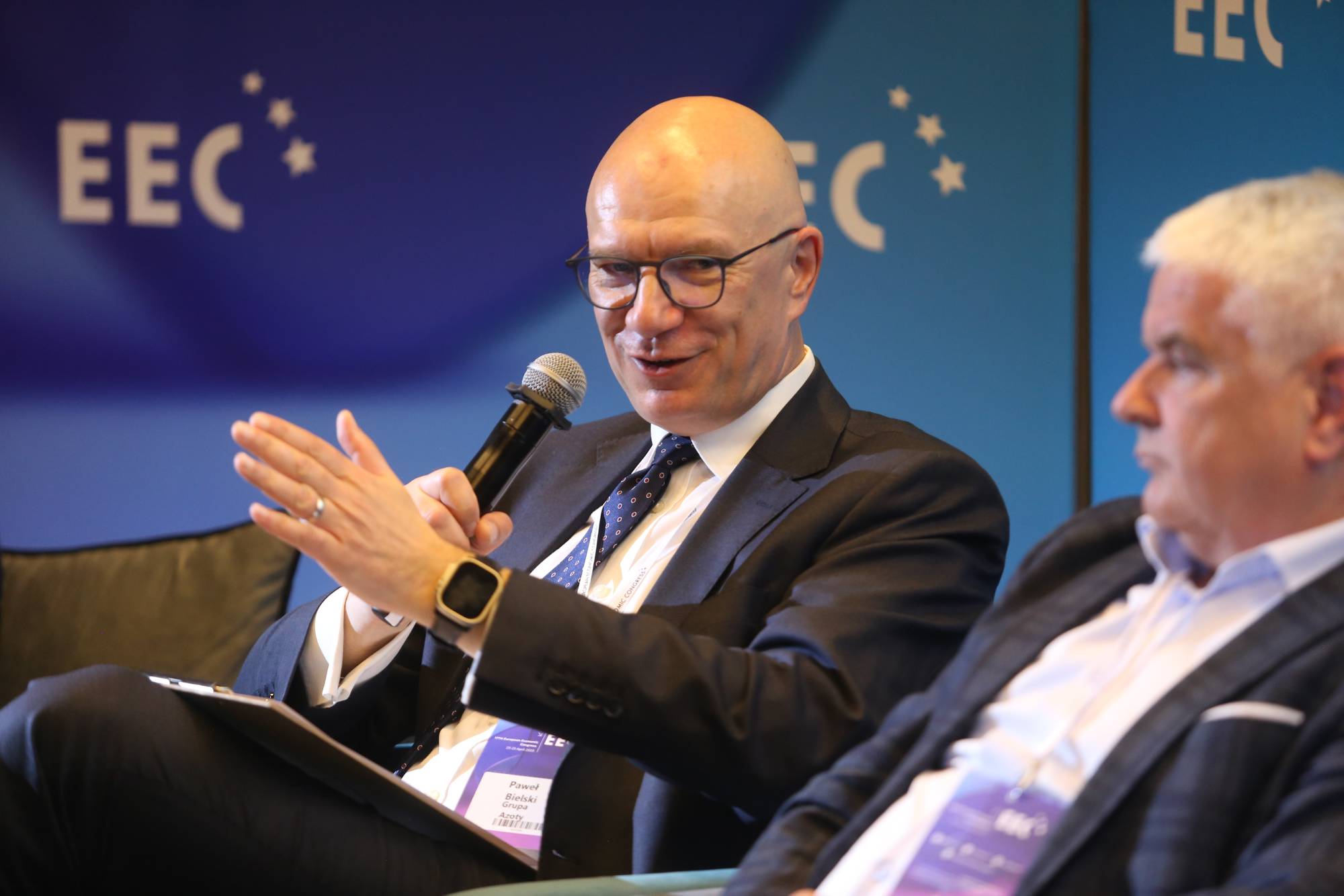
He noted that "we are inundated with cheap Russian fertilizer, even though theoretically it is not allowed, it should not be there. And the sanctions are against producers, not against importers."
- We have been articulately voicing this issue for about a year now and the result is that, I think, in the last days of January or in the first days of February, the EC announced the introduction of tariffs on fertilisers from that area, i.e. Russia and Belarus, but in the second half of this year. Today, discussions are already underway on the final shape, what will be covered by the tariffs and how much impact they will have - he pointed out.
They launched Huta Częstochowa. "We are entering a completely new level and I look at energy prices with fear"Adrian Sienicki, Vice President of the Węglokoks capital group, recalled that the group recently launched the Częstochowa Steelworks .
- I look at energy prices and our loss of competitiveness with some concern. I even think that we have lost something more - attractiveness - he emphasized. - Energy is in our semi-finished products, raw materials, and also in our final products. As a multi-industry group, we use the most of it in the area of metallurgy. Until recently, these were not impressive volumes, about 90 gigawatt-hours per year, but now with Huta Częstochowa we are entering a completely different level.
Forecasts indicate that it will be as much as about 0.7 terawatts per hour of electricity alone plus about 1.5 watts per hour of gas, although the company uses all possible forms of support.
- Nevertheless, it puts us to a kind of test when we clash with the market. Our products are manufactured at higher prices compared to the broadly understood competition. We also use mechanisms, such as ensuring flexibility, which has also been mentioned here. We do not receive money that would compensate us for even another restart, because we also have a kind of inertia of our devices and later we have to add much more energy - explained Adrian Sienicki.
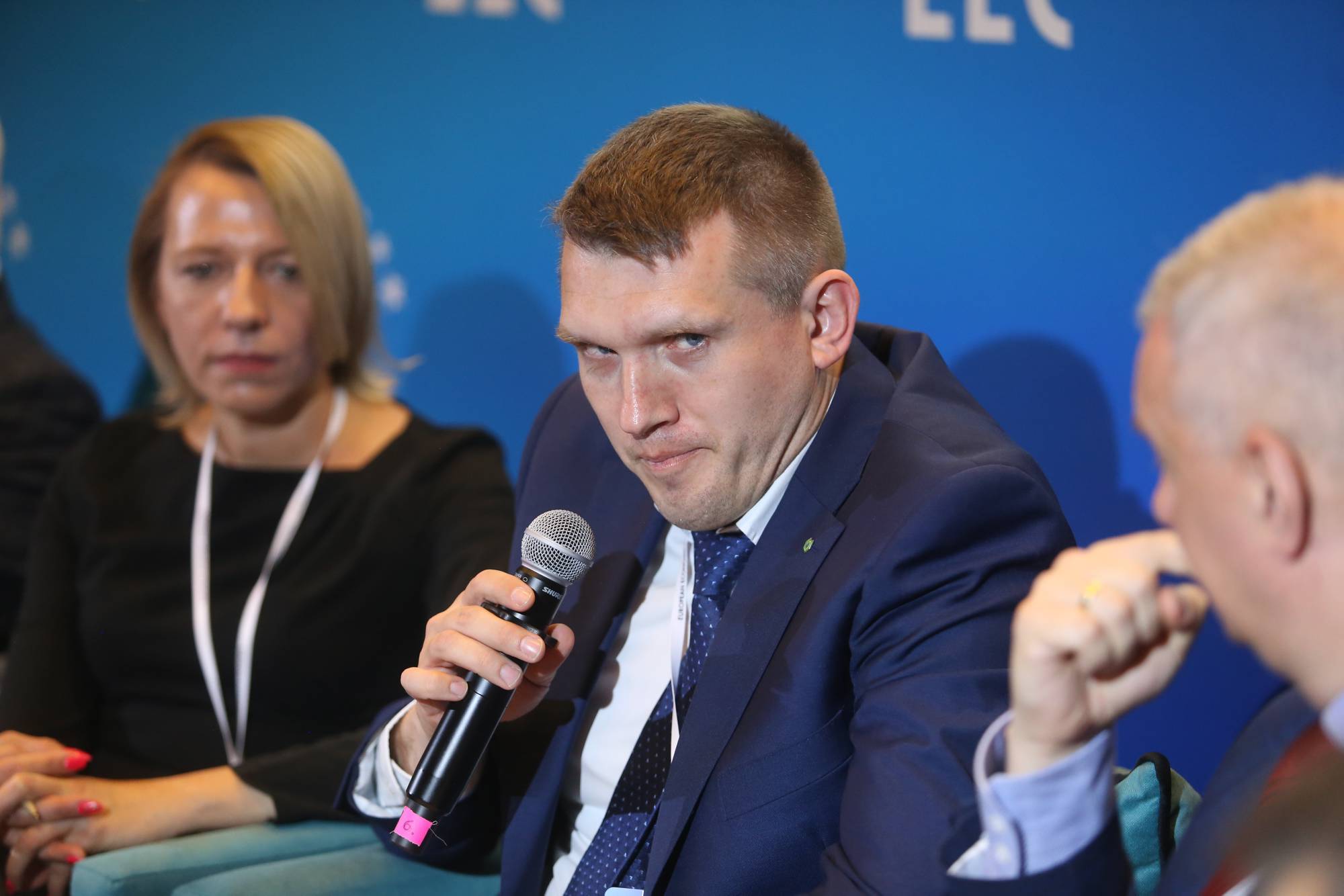
He observes with some joy the negative energy prices appearing on the market , from which the group tries to take maximum advantage, but "this happiness does not last long" and only occurs when the sun is shining or the wind is blowing.
- First of all, we are talking about a certain type of influence on legislation that is supposed to improve, let's say, our functioning, or possibly our competitiveness. We have adopted, I don't know why, such a specific form of assistance to our entrepreneurs, by simply imposing a certain type of tax, a tribute, because if we force production in a different way, it will be better for us in some way - he concluded.
PKP President Alan Beroud pointed out that when it comes to rail passenger transport, these problems are not visible, because so-called PSC contracts are in force, which are largely subsidized by the state. But the freight market is a completely competitive market.
- And here it's the same as with colleagues. In 2022 we paid PLN 220 per megawatt-hour for electricity, currently we pay PLN 650. It won't be less, because if we add the price of coal to the price of emissions, it will remain the same. And electricity is about 30% of our costs - he emphasized.
Rail freight is also suffering. "The EU has entered a dead end"He added that Poland has 62% electrified lines, which already means that we are largely emission-free and that we have fulfilled the demands.
- Unfortunately, the European Union has entered a dead end. Zero-emissions has reached the point where ETS funds are allocated to the production of electric cars, which are manufactured in China and the US. But rail transport is becoming less and less competitive in relation to road transport - noted Alan Beroud.
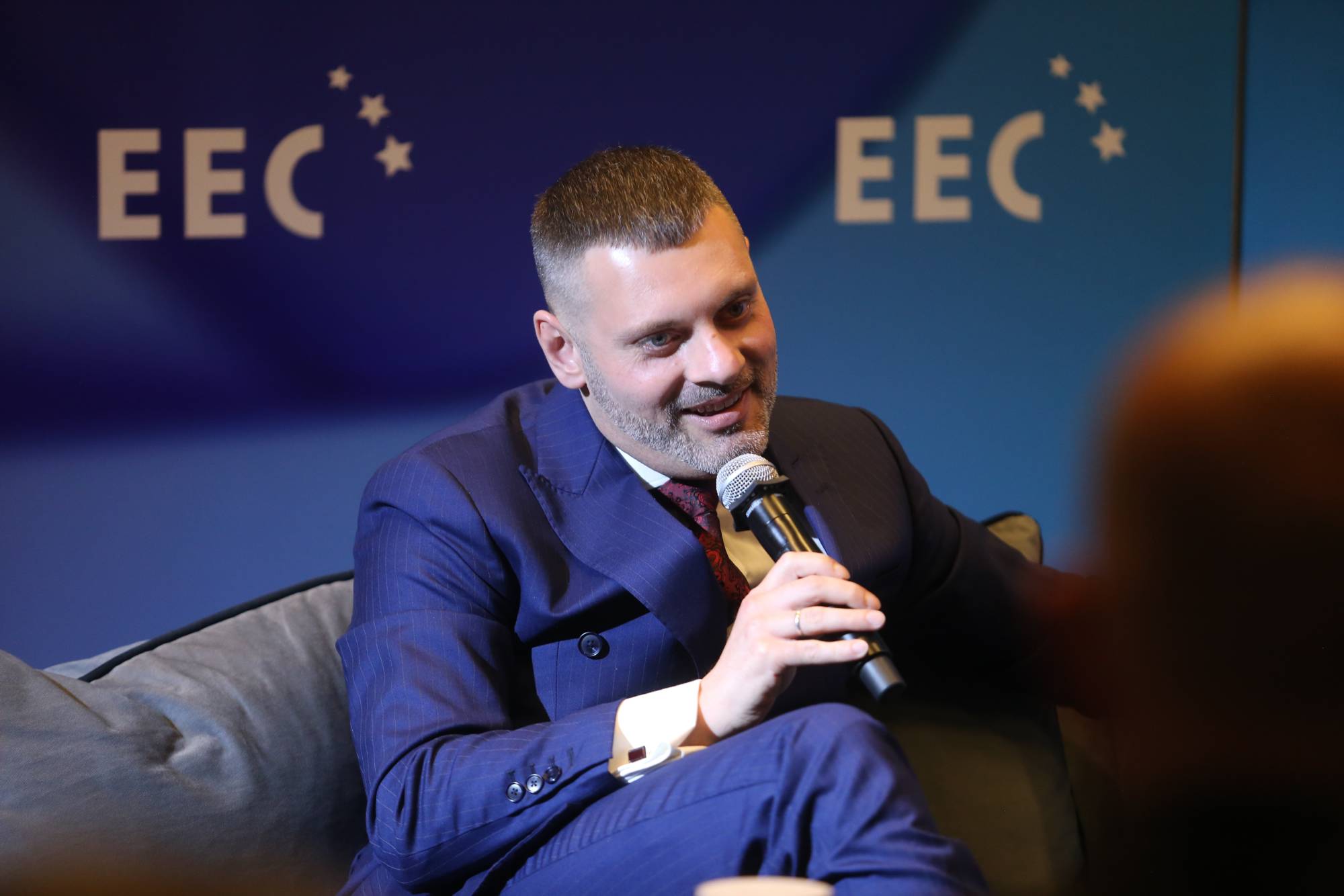
He added that the cost of transporting a ton of coke from Ostrava to Gdańsk by rail is about 20 euros compared to about 24 euros for road transport.
- Only that our rate does not include the cost of the so-called last mile, i.e. unloading and delivery to the location. So we have to add the flexibility of individual means of transport to this. I mean that to construct a train we need about 2 months, and we can have road transport the next day. So it is clear that the railway, which is supposed to act as a transport backbone, is becoming less and less competitive - noted the president of PKP.
wnp.pl





